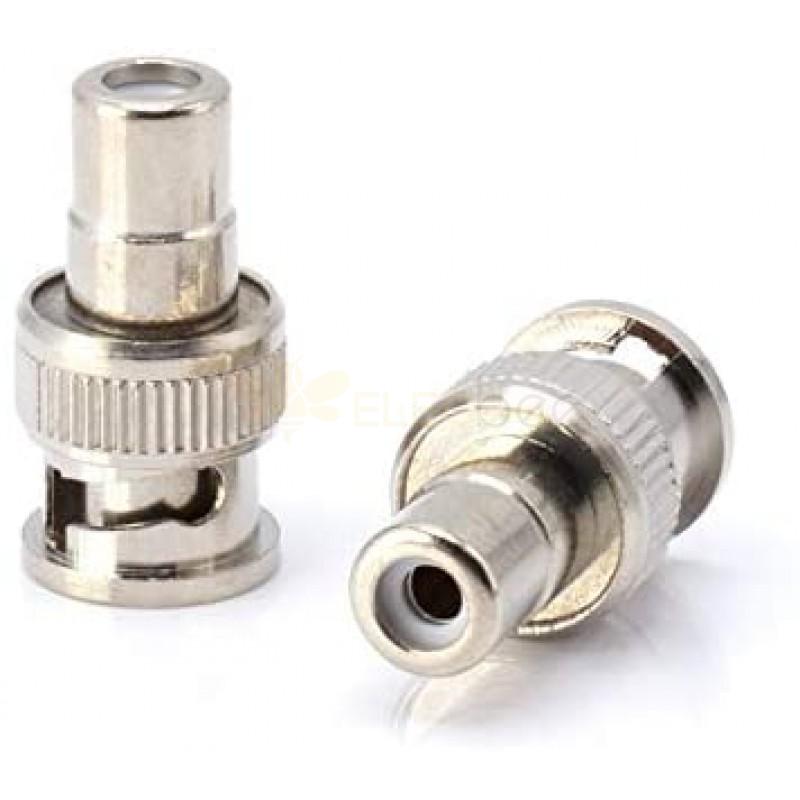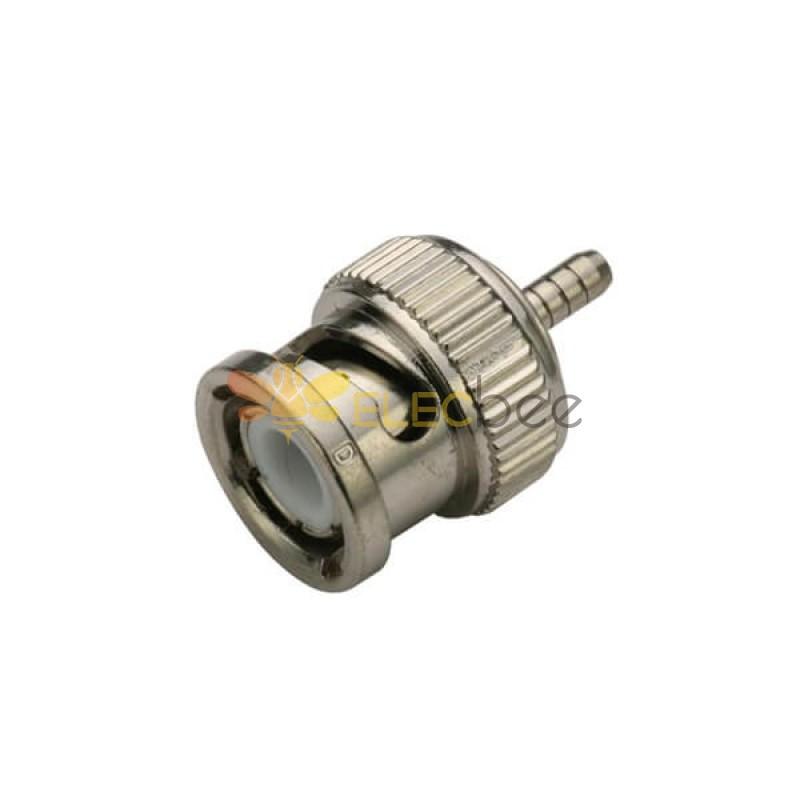Connectors are essential components of any electrical or electronic system, used to establish a secure and reliable connection between two or more devices. With various types of connectors available in the market, it is crucial to understand their features and capabilities to choose the right one for your application.
Two such connectors that are commonly used in electronic systems are the TNC and BNC connectors. While they may appear similar at first glance, there are significant differences between the two. In this article, we will discuss these differences and help you determine which connector is best suited for your needs.
Overview of TNC Connector
The TNC connector, short for Threaded Neill-Concelman connector, is a type of RF connector that is commonly used in wireless communications and other high-frequency applications. It was developed as an improvement over the earlier BNC connector and provides a more secure and reliable connection.
The TNC connector has a threaded coupling mechanism, which ensures that the connection is secure and cannot be easily disconnected. It also has a characteristic impedance of 50 ohms, which makes it ideal for use in high-frequency applications. The TNC connector is available in both male and female versions, with the male connector having a threaded outer conductor and the female connector having a threaded inner conductor.

Overview of BNC Connector
The BNC connector, short for Bayonet Neill-Concelman connector, is another type of RF connector that is commonly used in electronic systems. It was developed in the 1940s and is still widely used today, especially in video and audio applications.
The BNC connector has a bayonet coupling mechanism, which allows for quick and easy connection and disconnection. It also has a characteristic impedance of 50 ohms, making it ideal for use in high-frequency applications. The BNC connector is available in both male and female versions, with the male connector having a pin center conductor and the female connector having a socket center conductor.

Differences between TNC and BNC Connector
While both the TNC and BNC connectors are designed for high-frequency applications and have a characteristic impedance of 50 ohms, there are several differences between the two.
Coupling Mechanism
The most significant difference between the TNC and BNC connectors is their coupling mechanism. The TNC connector has a threaded coupling mechanism, which provides a more secure and reliable connection. On the other hand, the BNC connector has a bayonet coupling mechanism, which allows for quick and easy connection and disconnection.
Frequency Range
Another difference between the TNC and BNC connectors is their frequency range. While both connectors have a characteristic impedance of 50 ohms, the TNC connector is designed for use in higher frequency applications than the BNC connector. The TNC connector can typically handle frequencies up to 11 GHz, while the BNC connector is limited to frequencies up to 4 GHz.
Size
The TNC connector is larger compared to the BNC connector. This is due to its threaded coupling mechanism, which requires more space to accommodate. The larger size of the TNC connector can make it more challenging to use in certain applications where space is limited.
Cost
The cost of the TNC connector is generally higher than that of the BNC connector. This is because the TNC connector is designed for use in higher-frequency applications and has a more secure and reliable coupling mechanism.
When to use TNC Connector?
The TNC connector is typically used in high-frequency applications where a reliable and secure connection is essential. It is an ideal choice for applications that require frequent connection and disconnection, where the threaded coupling mechanism provides added security. The TNC connector is also suitable for applications that require a higher frequency range than the BNC connector can handle.
Some common applications of the TNC connector include wireless communications, military and aerospace applications, and test and measurement equipment.
When to use BNC Connector?
The BNC connector is typically used in applications that require a reliable and easy-to-use connector. Its bayonet coupling mechanism allows for quick and easy connection and disconnection, making it ideal for applications where frequent changes are required. The BNC connector is also an ideal choice for video and audio applications, where it is widely used in CCTV systems, broadcast equipment, and professional audio systems.
Both TNC and BNC connectors are essential components of electronic systems, used to establish a secure and reliable connection between devices. While they may appear similar, there are significant differences between the two, including their coupling mechanism, frequency range, size, and cost.
When choosing between the two, it is crucial to consider your application requirements and determine which connector is best suited for your needs. If you require a more secure and reliable connection and need to handle higher frequencies, the TNC connector may be the better choice. However, if you need a connector that is easy to use and ideal for video and audio applications, the BNC connector may be the better choice.

